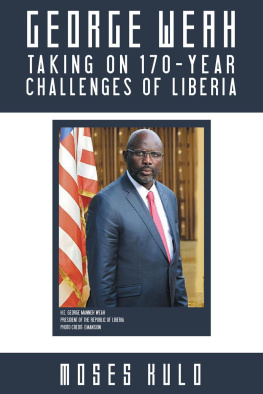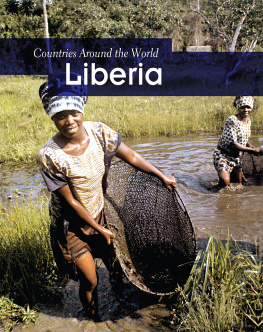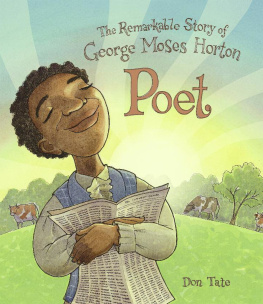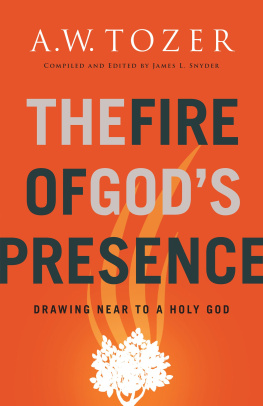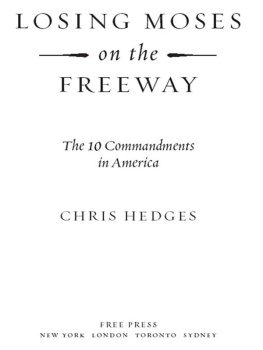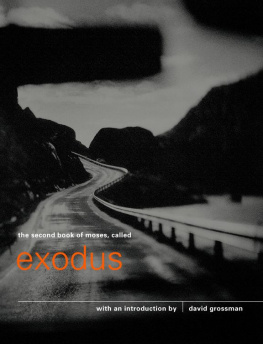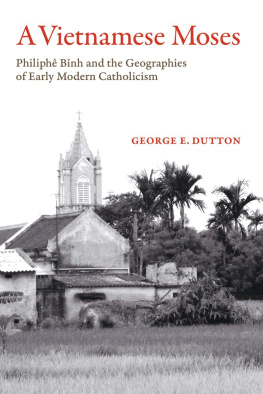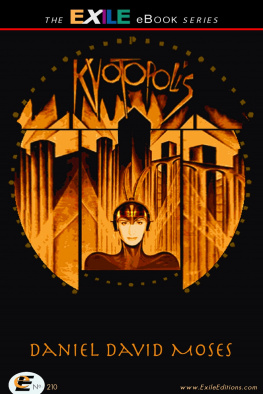George Weah Taking on 170-Year Challenges of Liberia
Moses Kulo
Copyright 2018 Moses Kulo
All rights reserved
First Edition
Page Publishing, Inc
New York, NY
First originally published by Page Publishing, Inc 2018
ISBN 978-1-64298-237-4 (Paperback)
ISBN 978-1-64298-238-1 (Digital)
Printed in the United States of America
This book is dedicated to the people
of Liberia and their future.
Introduction
T he primary purpose of the book is to create awareness about the leading factors and causes that are responsible for Liberias challenges now facing President Geoge Weah. Liberia was the first free, independent country on the continent of Africa in 1847. Liberia is financially supported and politically guided by the great United States of America for many decades. In recent years, other countries around the world have joined the United States to improve the quality of life of the Liberian people. Also, Liberia has natural resources such as iron ore, timber, diamonds, gold, rubber, and a productive land suitable for subsistence or industrial farming. Historically, the population of Liberia has not reached 5 million. The highest population recorded was about 4.73 million (United Nations, 2017)
Since1847, despite the international communities supports and the natural resources, majority of the people in Liberia are living in poverty. In the early 1990s, thousands of Liberians died in the civil war; the economy, infrastructures, and institutions were destroyed while hundreds of thousands of Liberians went into exile to save their lives. This book identifies and explores some of the past and present governments policies and practices that contributed to the destructions of lives, our democracy, and other institutions that resulted in no development in Liberia.
The book is not intended to open the wounds of the Liberian people but to enlighten their minds to make wise decisions that would improve the lives of all Liberians beyond the 2017 General and Presidental Elections. Great nations had experienced challenges in the past, but none would allow the history to repeat itself. Liberias future depends on agenda, policies, and practices of Liberias future leaders. Therefore, this book contains recommendations that will help our leaders develop and implement policies and practices that will result in development in Liberia.
Economic and Political Journeys
M any scholars will agree that Liberia began an independent nation in 1847 with promising economic and political futures than other countries in Africa. Liberia has no colonial master like many African countries. The founding fathers of Liberia were Africans who returned from the United States as free people supported by American Colonization Society (ACS). Roberts Finley of New Jersey, USA, established ACS in 1816 purposely to help the migration of free African-Americans to Africa.
Liberias relationship with the United United benefited the Liberian people. Liberia naturally became a democratic nation. English became an official language, and many Liberians converted to Christianity. The ACS and the United States government provided the needed fund to build Liberias economy in the 1800s. Also, ACS guided the development of the Liberian political institution. The governing body of ACS led Liberia from 18221847 when it turned over the leadership of Libera to the free African-Americans known as Americo-Liberians. Liberia immediately declared independence from ACS and became a sovereign nation in Africa.
In 1869, True Whig Party was founded as a political party by the Americo-Liberians. Unfortunately, the leaders of this new party formed an autocratic government and became, laying the foundation for a self-centered political ideology that destroyed Liberias social, economic, and political institutions for many decades. Ideology is a particular set of political practices, ethical ideals, principles, doctrines, or a collection of ideas of any social class. The True Whig Party focused on promoting and protecting the interests of Americo-Liberians and ignored social, economic, infrastructural, and human development in Liberia.
Sadly, in the late 1800s and early 1900s Liberians were divided into two groups namely indigenous and Americo-Liberians. The government of Liberia did nothing to unite the Liberian people. Even the government engaged in practices that encouraged and promoted disunity of the two groups. For example, the indigenous people were not allowed to participate in the political, decision-making process of the country. However, few Americo-Liberians supported the integration of the Liberian people. Some of the Americo-Liberians encouraged and supported indigenous citizens to improve their social and economic statuses. For example, some private Americo-Liberians financially supported the native population to go to school through nongovernmental organizations.
Lessons Learned
I n the past two hundred years, no other ideological institution in the Western Hemisphere besides democratic system has survived the human, economic, social, and political challenges of our time. Let us make it clear, many countries in the West claimed to be democratic when in practice, they are not. Liberia is one of those countries. One of the pillars of Western democracy, civilization, equality, economic progress, and moral well-being is making or following fair laws.
The Liberian government, especially under True Whig Party, missed an opportunity to develop and support policies that could reduce illiteracy, improve the community, economic development, strengthen the nations infrastructure, and bring the people together. The so-called elite class (Americo-Liberians) only focused on enhancing its members economic and political security. Historically, no government or social class in the Western world is capable of protecting itself without the support of its people. The Liberian governments lack of support from the majority of the citizens resulted in the violent destruction of the government under True Whig Party in 1980.
Military Action, Not a Solution
T he military overthrew the True Whig Party government April 12, 1980. Its impossible to defend the records of any Liberian leader before 1980. There was a definite need for change. However, the Liberian people did not intend to replace autocratic leadership with a de facto administration. The military governments decision to murder the officials of True Whig Party by a firing squad in 1980 was not what Liberians anticipated as the solution to our nations challenges. There is no time to rewrite our history, but we need to recognize that punishing our fellow Liberians who committed economic and political crimes against our people by unlawful means is not in the best interest of our nation. Illegal punishment is a crime and should not be used in a democratic country.
Disrespecting the rules of laws and the Constitution of Liberia led to the downfall of the military government that replaced the True Whig Party. Those seeking political offices must understand that nearly all past and present Liberian leaders who deployed iron-hand leaderships in nearly two centuries had failed to prevail. The people of the Republic of Liberia show no sign of embracing an undemocratic institution in the previous two decades, now, and in the future.
Solutions to Liberias Challenges
S trauss (2016) identifies the most challenging problems facing Africa as lack of economic growth, unemployment, poor education, poverty, ill health, violence, and corruption in governments. These are the issues that make it harder for development to take place in Liberia. These problems are not unknown to Liberians and their leaders. The real question is why these challenges have not been solved? Many leaders, private citizens, international communities, and governments had tried and failed because those in government in Liberia had no real desire, motivation, and determination to solve those problems. For nearly two hundred years, Liberian leaders favor the countrys well-known saying: Monkey works baboon draws. At this moment, many Liberians and our international friends will agree with Lagrade (2015) that this is not the right time for monkey works baboon draws practice. Liberian leaders must abandon strategies that will continue to destroy the fabric of our society. Its misleading to say Liberia will achieve a middle-class income status by 2030 while years after years the Liberian leaders continue to make and implement monkey-work, baboon-draw policy. For example, lets look at the Liberian lawmakers salaries based on 20152016 National Budget.

